Where is Philippines?
Located in Southeastern Asia, Philippines is an island nation. It has a 36,289.00 km coastline. The Philippines claims sovereignty over Scarborough Reef, which is also claimed by China and Taiwan.
The current capital of The Philippines is Manila. Manila is also the second largest city in The Philippines, with a total of 22 million people in its urban area.
Read more on Philippines's CapitalPhilippines is an Asian country covering 300,000.00 km2 of which 0.61% is water and 298,170.00 km2 is land. This makes it the 72nd largest country in the world and slightly less than twice the size of Georgia slightly larger than Arizona. Its geographic coordinates are 13 00 N, 122 00 E and Manila is the capital city.
The Philippines were named in honor of King Phillip II of Spain.
Its ISO code is PH.
Geography
Philippines has a mean elevation of 442 m above sea level.
It has a tropical, muggy climate that is modified by southeast trade winds. Its terrain is mostly mountainous with narrow to extensive coastal lowlands.
Population
Philippines has a population of 102,624,209 making it the 12th largest in the world. One-eighth of the country's population lives in Manila.
Filipino (a language based on Tagalog) and English are both official languages. Major ethnic groups include Tagalog, Cebuano, and Ilocano. The majority of the population is Roman Catholic.
Filipino is the national language of The Philippines. However, both Filipino and English are designated as the official languages of The Philippines. The Filipino language is Tagalog. Filipino is recognized as the standard version of the Tagalog language. For official purposes, Tagalog(Filipino) and English are used for government purposes. Both languages are used in news broadcasts, education, and for the purpose of conducting commerce.
Read more on Philippines's LanguagesThe dialing code for the country is 63.
Government
Philippines is an independent country. It gained independence from the United States in 1946. Its constitution was last ratified in 1987.
The government of The Philippines is a democracy. The Philippines' form of democracy exists as that of a constitutional republic. A presidential system is in place. To understand what this means, a constitutional government is when government officials and the President are representatives of the people who have elected them. The government of The Philippines has three separate branches: executive, legislative, and judicial.
Read more on Philippines's GovernmentEconomy
Factoring in Purchasing Power Parity, Philippines's GDP is $807,000,000,000.00 (USD) with $7,700.00 (USD) per capita. This makes it the 29th largest economy and its citizens the 149th richest in the world. The currency of Philippines is the Peso (PHP).
Its major export partners are Japan, the United States, and China. Its main exports are semiconductors, machinery, and wood manufactures. Its major import partners are China, the United States, and Japan. Its major imports include electronic products, mineral fuels, and machinery.
Flag
The flag of the Philippines is one of the world's most notable flags, with three geometric shapes of white, red, and blue covered in suns. It was designed by ?Emilio Aguinaldo.
Read more on Philippines's FlagThis page was last modified on January 17th, 2018
More on Graphicmaps
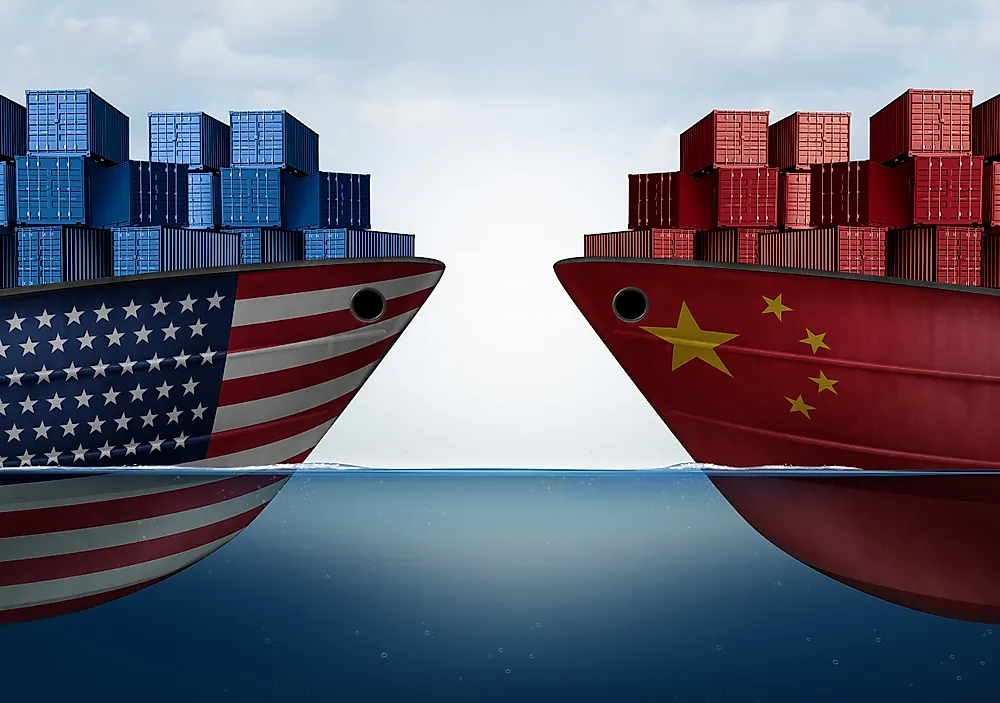
Published on 2019-11-06
What is a Trade Embargo?
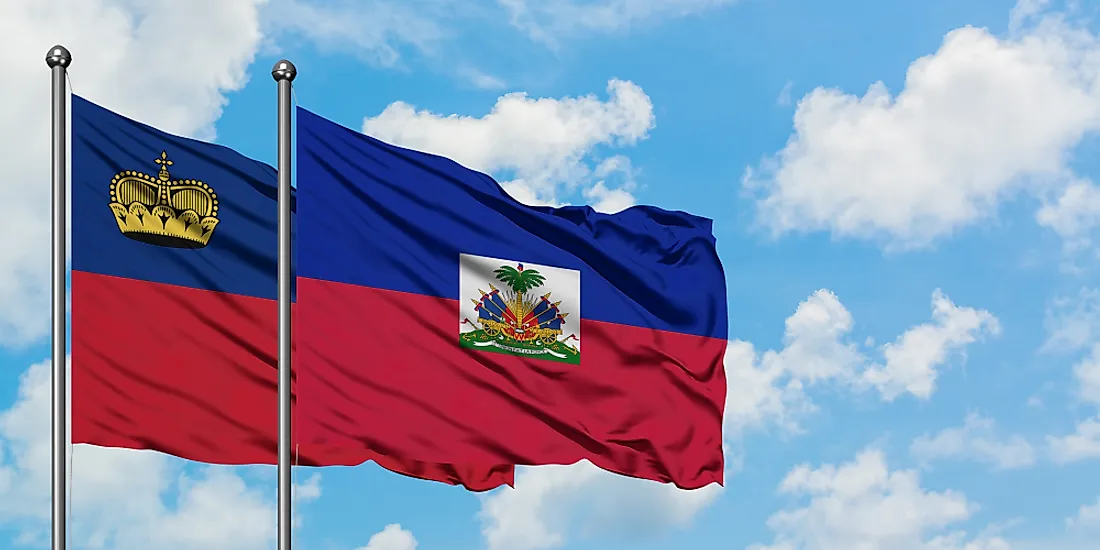
Published on 2019-11-04
Which Two Countries Used to Have the Same Flag?

Published on 2019-09-16
What Is the Only Two-Sided State Flag?
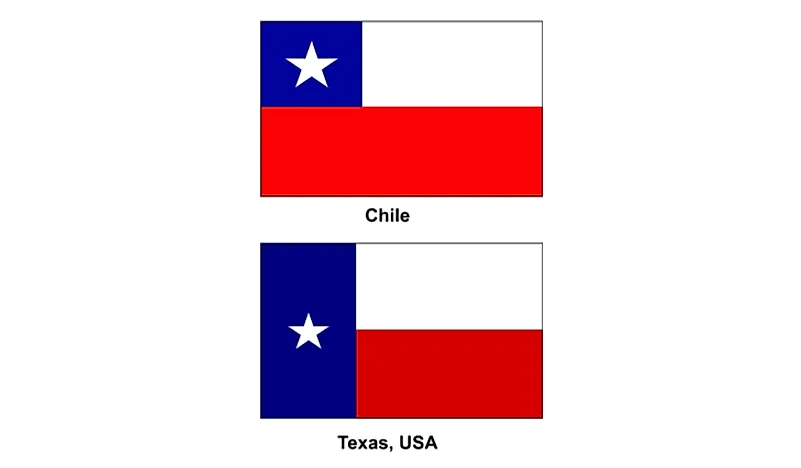
Published on 2019-09-16
Which Country Flag Looks Like the Texas Flag?
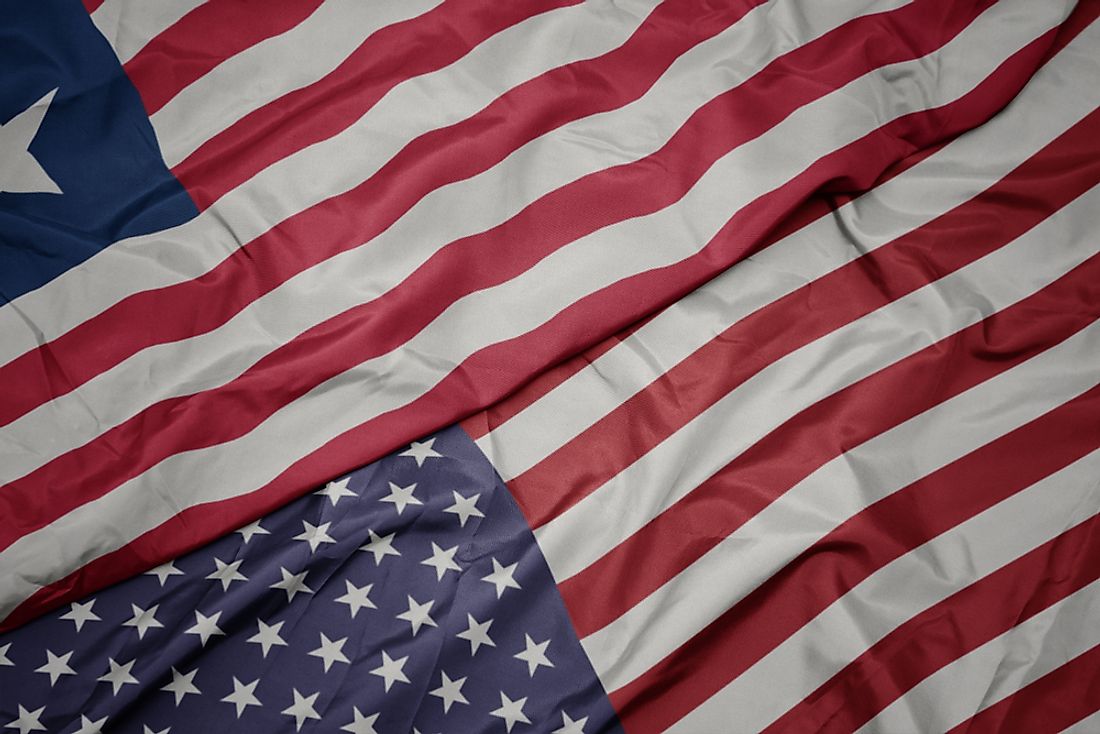
Published on 2019-08-29
Flags That Resemble the US Flag
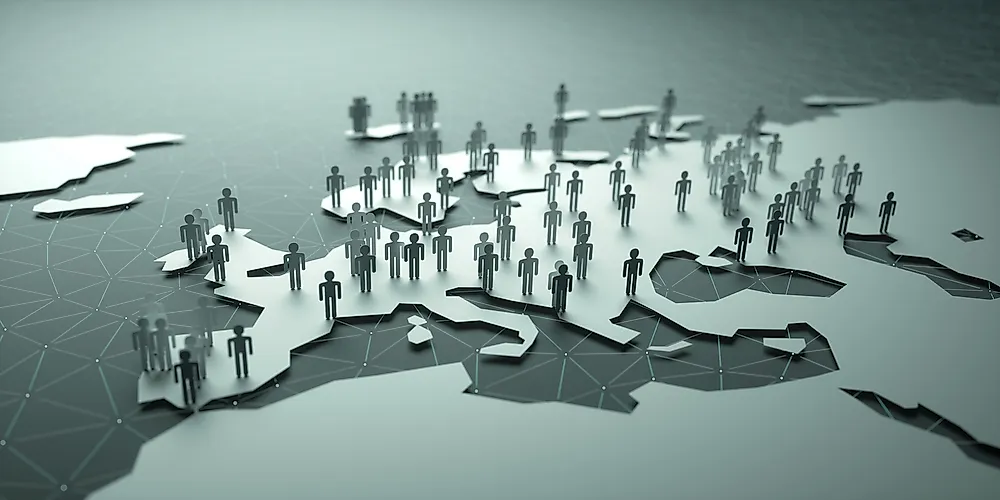
Published on 2019-08-20
